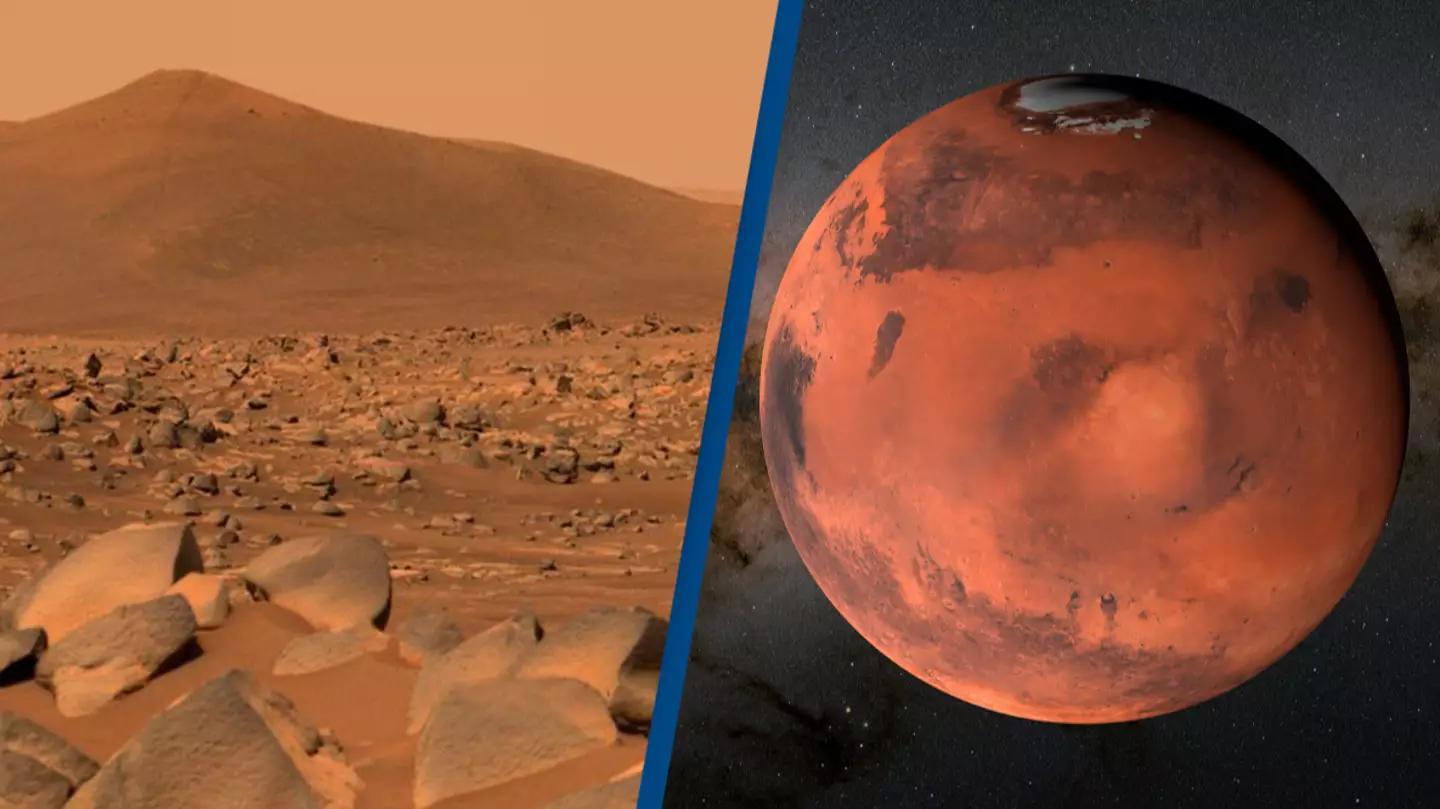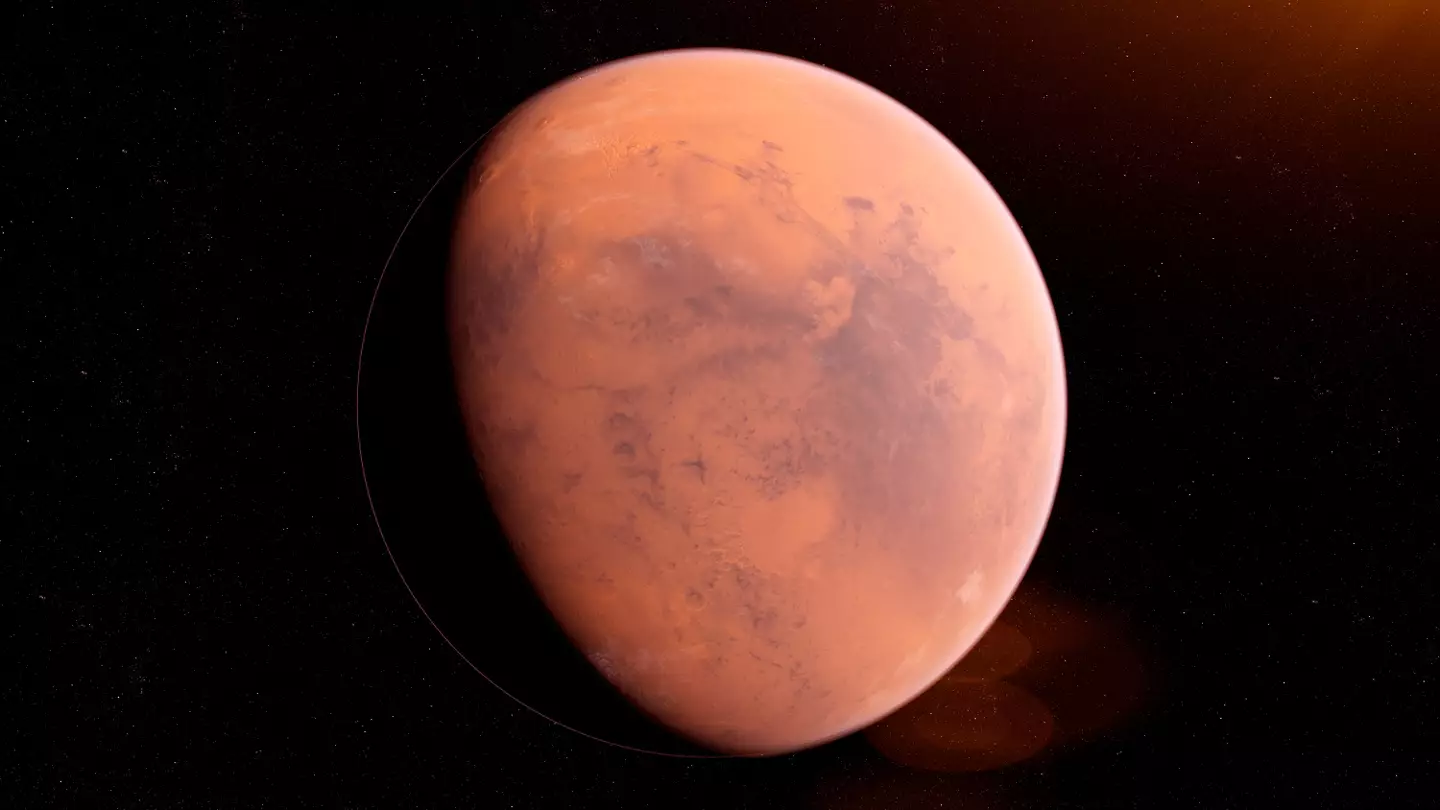
Astronomers have high hopes to get humans to Mars, but since the planet has been declared unsafe for us to live on, we'll have to settle for a quick visit.
After successfully landing robots on the red planet, NASA is now continuing its plans to send humans up to join them.
The space agency has explained that Mars is 'one of the only other places we know where life may have existed in the solar system', so exploring it could help offer insights to the past and future of our own planet.
Advert
NASA has suggested that the technology to take humans to Mars could be available as early as the 2030s - but don't start dreaming about life in outer space just yet.
Last year, researchers combined studies from the likes of UCLA, MIT, Moscow’s Skolkovo Institute of Science and Technology, and GFZ Potsdam to look into the potential impacts of life on Mars.

Researchers sought to answer two questions: one focused on the impact of particle radiation and whether it would pose too grave a threat to human life, and the second about whether the timing of a mission to Mars could protect astronauts and the spacecraft from radiation.
Advert
To find the answers they were looking for, the scientists used geophysical models of particle radiation for a solar cycle and models of how radiation could affect both human passengers and a spacecraft.
Following the study, which was published in the Advancing Earth and Science Journal, the researchers found that it would not possible for humans to stay on Mars long-term.
They found that human exposure to radiation threats, including particle radiation from the Sun, distant stars, and galaxies, would exceed safe levels after four years on the planet.

The scientists did determine that the spacecraft used to travel to Mars should provide enough protection trip to and from the planet - but if the material used to build the spacecraft is too thick, then it could actually increase the amount of secondary radiation.
Advert
Researchers also claimed the best time to leave Earth would be when the solar activity is at its peak and the most dangerous particles are deflected, thus shielding the astronauts from the worst of it.
The researchers explained: "We estimate that a potential mission to Mars should not exceed approximately four years.
"This study shows that space radiation imposes strict limitations and presents technological difficulties for the human mission to Mars, such a mission is still viable."
So while there's still every possibility that humans could reach Mars in a matter of years, we won't be able to rely on the planet as a new home.
Advert
As if we needed another reason to take better care of the one we have!
Topics: Space